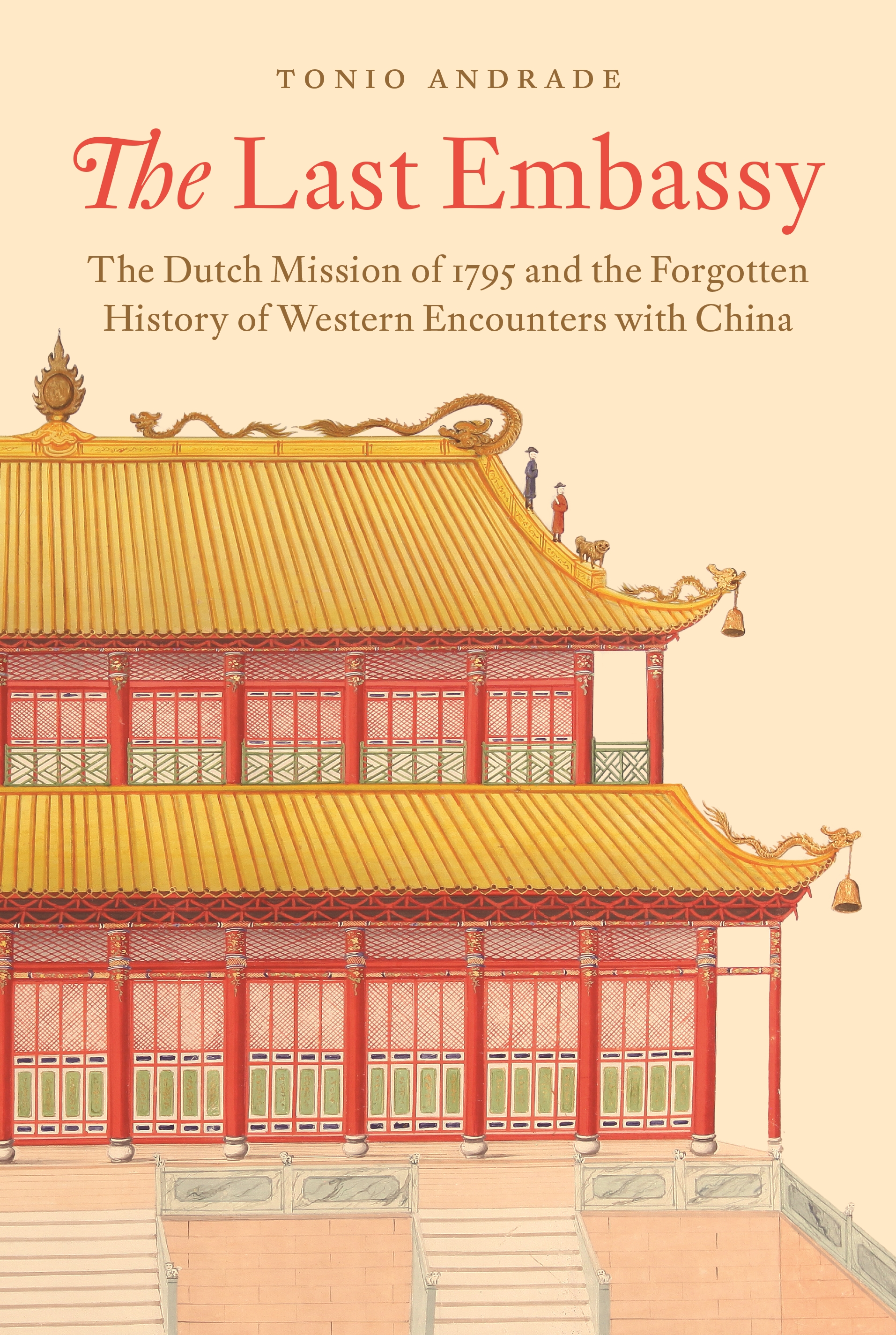Dr. Carl Suddler, Assistant Professor of History, has been named a Distinguished Lecturer by the Organization of American Historians. The OAH’s Distinguished Lectureship Program is a speakers bureau comprised of nearly 600 historians dedicated to sharing American history. Read the OAH’s biography of Suddler below, and find out more about the other 22 scholars selected for this year’s cohort.
Carl Suddler is an assistant professor of history at Emory University. His publications, teaching, and public scholarship have placed him among a small number of African American scholars who study the intersections of Black life, crime, and sports since the late nineteenth century. Suddler’s first book, Presumed Criminal: Black Youth and the Justice System in Postwar New York (2019) is widely used in college and graduate classrooms across the country. He joined historians of the American carceral state who have produced a burgeoning wave of literature on criminalization, law enforcement, and imprisonment in America from the eras of slavery and settler colonialism to the modern age of mass incarceration and global counterinsurgency. In addition to his monograph, Suddler has published works that have appeared in the Journal of American History, Journal of African American History, American Studies Journal, Journal of Sports History; in 2020, he edited a special issue of The American Historian magazine that historically contextualized the global protests that occurred in the wake of the murders of George Floyd, Breonna Taylor, and others; and in 2021, Suddler worked with Harvard University’s Global Sports Initiative to help professional athletes become more informed on how to maximize their platforms to contribute to social justice efforts across the globe. With his recent op-eds and articles in outlets such as the Washington Post, Bleacher Report, HuffPost, and Brookings Institute, Suddler has built a name for himself outside of the academy. His expertise is in high demand from scholarly communities and media outlets such as CNN, ABC News, Al Jazeera, Black News Channel, and NPR.

